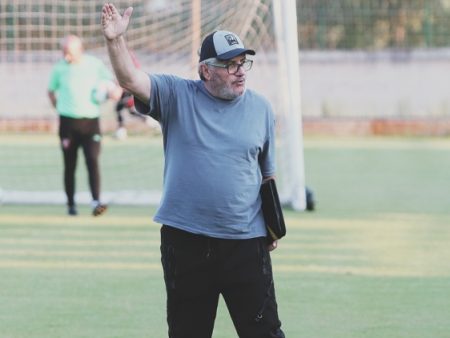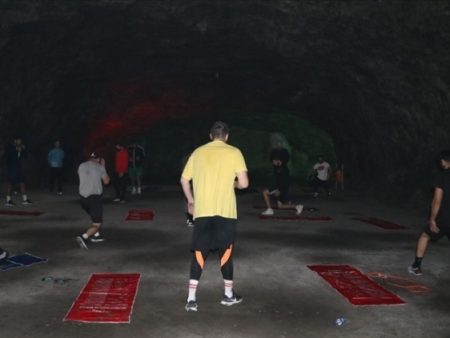Federal prosecutors say the FTX founder’s access to technology in pretrial detention goes “above and beyond ” that which other defendants have been offered.
Sam Bankman-Fried’s Allotted Prison Tech Is Inconvenient, but Fair: U.S. DOJ
Federal prosecutors are disputing former FTX CEO Sam Bankman-Fried’s claims that his access to a special laptop and other court-ordered accommodations have done little to help him prepare his defense while he’s confined to prison, a Tuesday court filing shows.
The letter to Judge Lewis Kaplan comes days after Bankman-Fried’s lawyers requested that the U.S. District Court for the Southern District of New York provide their client with an internet-enabled laptop and access to a cellblock at the federal courthouse in Manhattan, N.Y. five days a week in the weeks leading up to his October trial.
Prosecutors argue, however, that the technological restrictions imposed on Bankman-Fried are merely “inconveniences” that have not hindered his defense preparation and are necessary as a result of his alleged “witness tampering.”
“The defendant’s unlimited access to these resources was curtailed solely as a consequence of his own criminal activities while on bail,” prosecutors said in the letter.
The prosecutors also noted Bankman-Fried’s access to technological devices to review evidence against him already “go[es] beyond the discovery access and review generally available to pretrial detainees.”
Bankman-Fried can use a laptop that is not connected to the internet while being held at the Metropolitan Detention Center in Brooklyn. He also has approval to work from an internet-enabled laptop with Microsoft Office, Excel, PowerPoint and Adobe Acrobat at a cellblock at the federal courthouse in Manhattan twice a week. However, the former executive has refused to return to that cellblock as he seeks more extensive pretrial release measures, prosecutors said in the filing.
The defense’s complaints about the technology provided to their client come roughly a week after Judge Kaplan denied Bankman-Fried’s request to visit his lawyers’ offices in Manhattan for five days a week, during the lead up to the October trial.
The former FTX executive lost his bail earlier this month after Judge Kaplan ruled Bankman-Fried had circumvented his bail restrictions by attempting to intimidate former executives at his companies, including former Alameda Research co-CEO Caroline Ellison.
Bankman-Fried’s access to technology is an issue that has been at the crux of several hearings leading up to the trial. Prosecutors previously complained about Bankman-Fried’s use of a VPN and Google Drive while under house arrest at his parent’s home in California, alleging those tools helped him tamper with the government’s witnesses.







